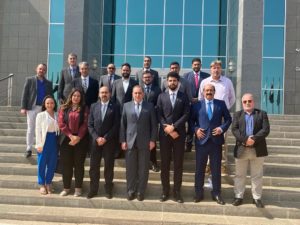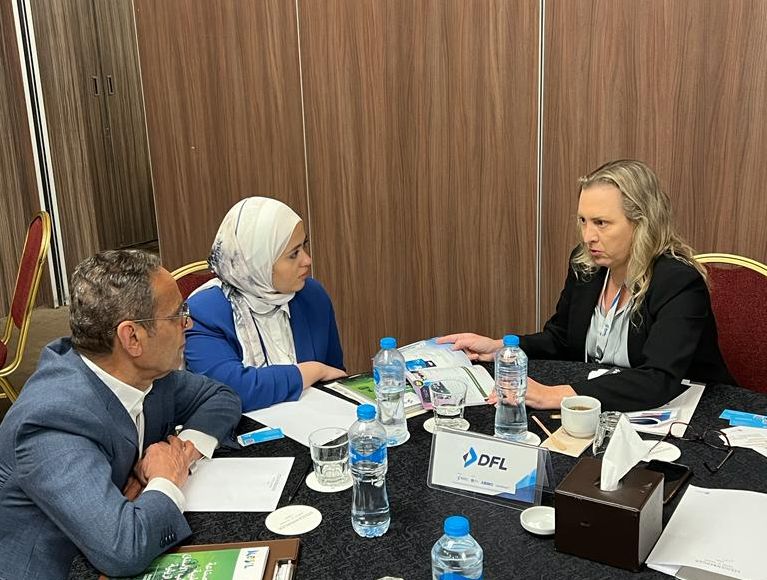São Paulo – Brazilian medical device companies participated in a mission to Egypt and returned with expectations of generating USD 825,000 in business in the next 12 months. From October 16 to 19, five companies in the medical, hospital, and dentistry sectors participated in a business trip to the Arab country promoted by Brazilian Health Devices, a sector project of the Brazilian Medical Devices Manufacturers Association (ABIMO) in partnership with the Brazilian Trade and Investment Promotion Agency (ApexBrasil).
The activity aimed to boost Brazilian exports and explore opportunities in the Egyptian market. In the four days of the mission, 64 business meetings were held between Brazilian manufacturers and local distributors and importers. “These meetings were so fruitful some representatives extended their stay in Cairo to visit local hospitals, showcase products, and deepen the commercial relationship with Egyptian companies,” said José Fernando Dantas, market access analyst of ABIMO, in a release.

The mission also had the Arab Brazilian Chamber of Commerce (ABCC) as a partner, facilitating meetings and technical visits. The delegation met with government and business support authorities. On the morning of October 16, a seminar on the Egyptian market was part of the schedule, in which representatives of the Brazilian Embassy to Cairo, ABCC, Egyptian Drug Authority (EDA), and Egyptian Export Council for Medical Industries (ECMI) spoke about the history of the commercial ties between countries, imports, registration and internal sales of medical devices in Egypt.
Participants also visited the headquarters of the General Authority for Investment and Free Zones (GAFI) and the EDA, where they were able to ask questions about the medical device registration process in the country and understand the benefits and investment possibilities available in Egypt for foreign companies. The delegation visited the Suez Canal Economic Zone (SCZONE) to learn about government incentives for manufacturing in economic zones and industrial facilities in the region, such as the ATECO production plan, the first in the health sector to be installed in the zone.
Companies participating in the mission gave a positive review of the initiative. “It is vital for us to participate in these missions as we get to know the market better regarding regulation and customer prospecting. Therefore, we can have an accurate idea of how that country works, which adds a lot of value to the company and gives us conditions for better business in the future,” said Eduardo Scarchetti, from Biodynamics, in a note released by the project.
“The initiative was of great value and put us in contact with great sources of information to be able to plan future actions of the company,” said Cristina Wolowski, who represented the company DFL. In the view of Bernardo Brasil, minister-counselor of the Brazilian Embassy to Cairo, this approach breaks paradigms. “One barrier we noticed is the Brazilian private sector often already has a market of continental proportions in Brazil and Latin America and sees Egypt as a very distant country, hesitating when it comes to investing. It is this barrier we try to overcome,” he concluded.
Translated by Elúsio Brasileiro




